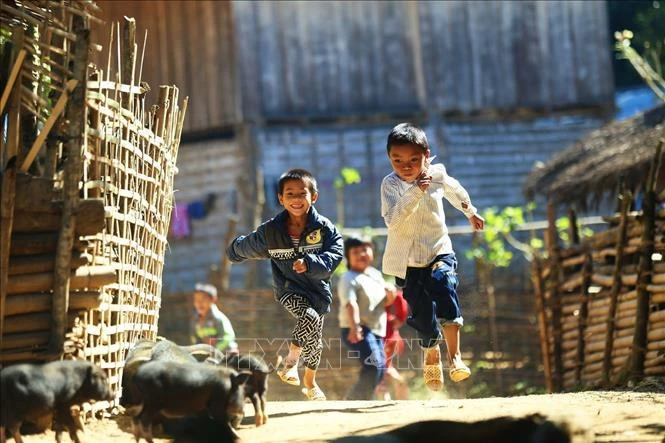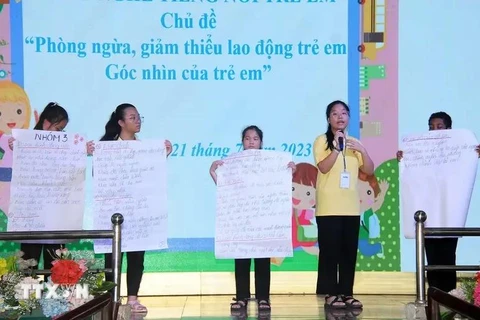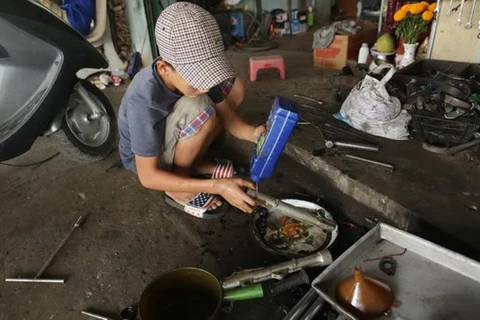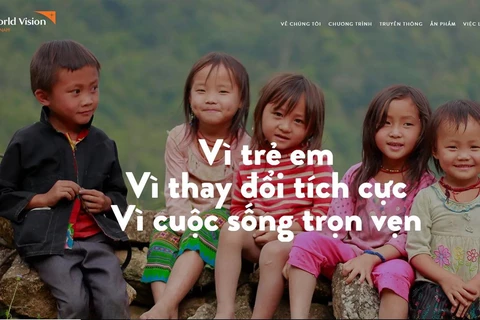
Hanoi (VNA) – In a move to combat the plague of child labour, the Ministry of Information and Communications held a conference in Hanoi on September 19, rallying the press and stakeholders to amplify prevention and reduction efforts.
Dang Hoa Nam, Director of the Department of Children Affairs under the Ministry of Labour, Invalids and Social Affairs (MoLISA), underscored Vietnam's robust legal framework prohibiting child exploitation, citing the 2016 Law on Children, the revised 2015 Penal Code, and the amended 2019 Labour Code. The Prime Minister also approved a programme to prevent and reduce illegal child labour for the 2021-2025 period, with orientations to 2030.
The MoLISA has launched intervention models in Hanoi, An Giang, and Ho Chi Minh City to safeguard children from hazardous work environments.
Establishing detection, support, and intervention networks, the ministry is determined to stem the tide of child labour. Collaboration is key, as evidenced by the coordination regulation signed earlier this year with relevant ministries and organisations, outlining prevention strategies for the 2024-2025 period, with orientations to 2030.
However, child labour in the informal sector is difficult to monitor and detect while the devastating impacts of pandemics, natural disasters, and climate change present formidable challenges. Economic instability, job losses, and the rise of online exploitation have exacerbated the risk of children and adolescents falling prey to labour and trafficking, with those in remote areas particularly vulnerable.
Compounding these issues are the inadequate number and limited capacity of local staff to detect cases, coupled with financial constraints hindering prevention and intervention models.
Looking ahead, the MoLISA is committed to raising public awareness of international commitments and child labour issues in trade agreements, with a special focus on high-risk sectors such as agriculture, supply chains, and family-run businesses.
Leveraging modern technology and the innovative SCREAM methodology, which advocates for children's rights through education, arts and media, the ministry is set to enhance international cooperation in this battle./.






















